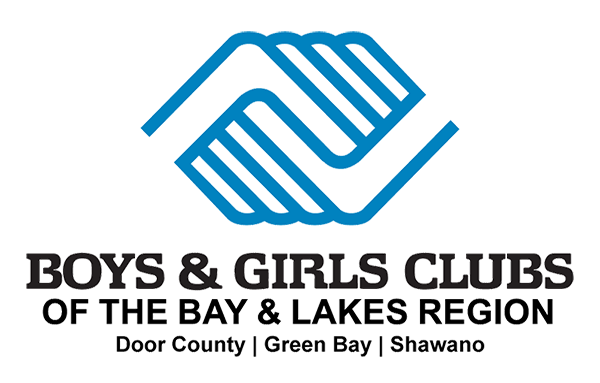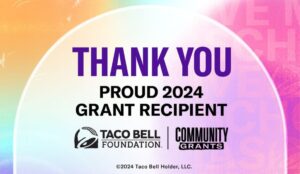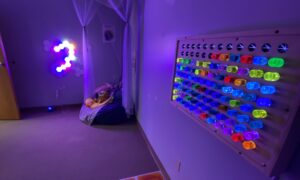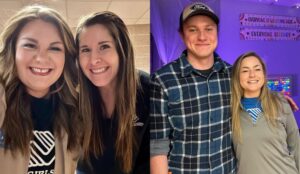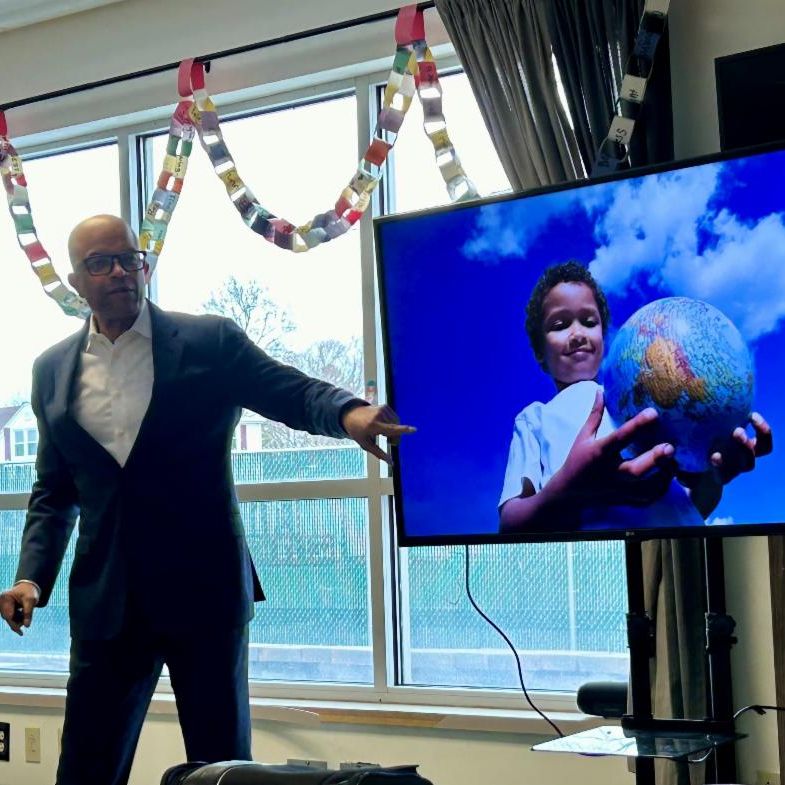
Boys & Girls Clubs of the Bay & Lakes Region welcomed Diversity, Equity and Inclusion Officer H Walker from the Boys & Girls Clubs of America from March 25-29 to engage in a week of Human-Centered Education. Human-centered learning places the human being at the heart of the learning process. It is an approach that respects the whole person’s well-being and cultivates human qualities which include curiosity, care, compassion, relationship and responsibility.
Throughout the week, staff across the region gathered, in conjunction with H Walker and National Director of Diversity, Equity & Inclusion Nick Sailor. Everyone in attendance went deep in discussion about becoming a change agent, creating meaningful change and understanding bias today.
“During our spring shutdown week, our team took an intentional break in programming to learn how to more effectively use our language, behaviors and practices to positively support and elevate the young people we serve,” said Boys & Girls Clubs of the Bay & Lakes Region CEO Johanna Wicklund. “Acknowledging that when our Clubs embrace a culture that values the agency of every child, we ensure that all youth can shape their futures and positively influence their communities.”
Throughout the week, team members were encouraged to think differently and understand how the larger ecosystem affects kids in Clubhouses and after-school sites today and in the future. Workshop and group discussions brought forth ideas about how we unintentionally judge, isolate and support others.
“There are a lot of biases today, especially unconscious biases,” said Walker. “You will be confronted with unconscious biases because we all have a judge in our head. Everything is thumbs up or thumbs down.”
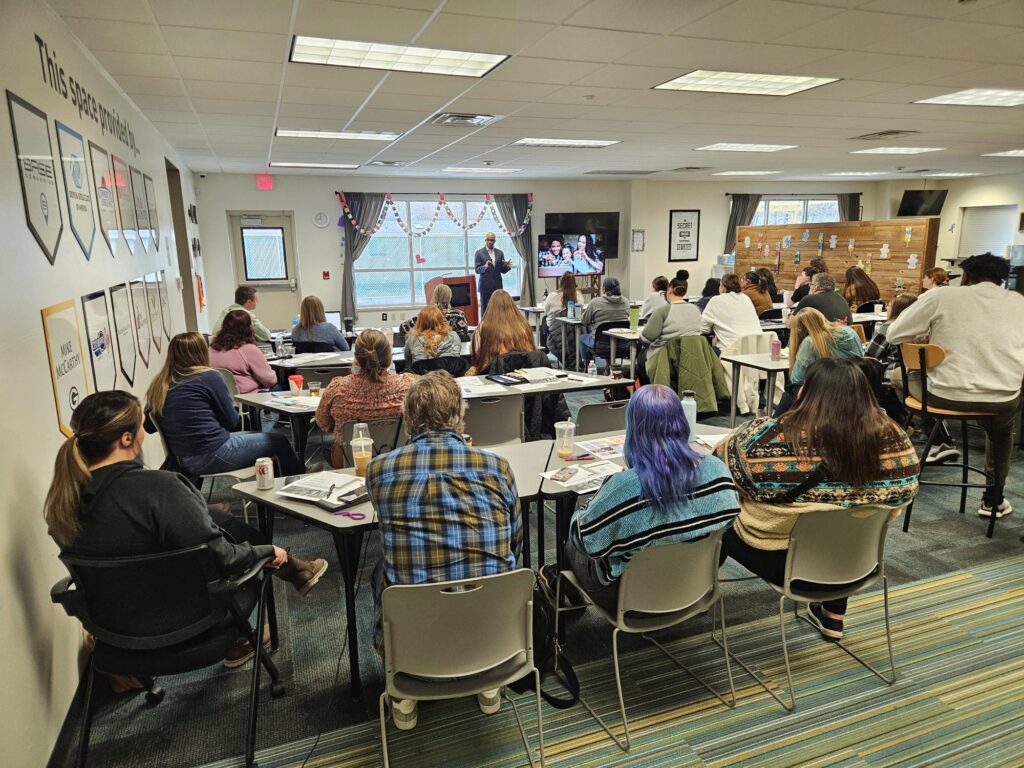
Walker talked about our ability to think more consciously and to use the power of thought to slow down, challenge what we think and be intentional about what we say. He showed an image of a child holding the world at his fingertips. He then asked groups throughout the room to caption the photo.
The exercise confronted staff to analyze their thinking and shift their perspectives to imagine what the child would be thinking. After different answers were given, Walker stated that kids today have already inherited the world. They have access to ways of communicating with people in different countries through video games, social media and the Internet. Kids today are more accepting of others and are less likely to see differences, compared to adults from prior generations.
“Think about the information you have uploaded into your internal software and how kids should be treated,” Walker said. “Agency is key for change and for today’s youth. At Club, we can provide opportunities for youth to have agency and be the architects of their future. Oftentimes I hear “our youth.” They don’t belong to us. They belong to an ecosystem. If we look at it objectively, kids belong to an ecosystem, and it’s our privilege to work for them. So, it is this idea of being able to reframe messages in our head in order to make sure kids have the agency they need.”
On a different day during the week, Sailor led a workshop about understanding bias and how microaggressions affect others through words and actions. Staff members were tasked to understand how to use language effectively and the different ways to be an ally. The greater discussion centered on how to change systems to promote greater equity and reduce the impact of pervasive biases and their impact on others, especially kids.
